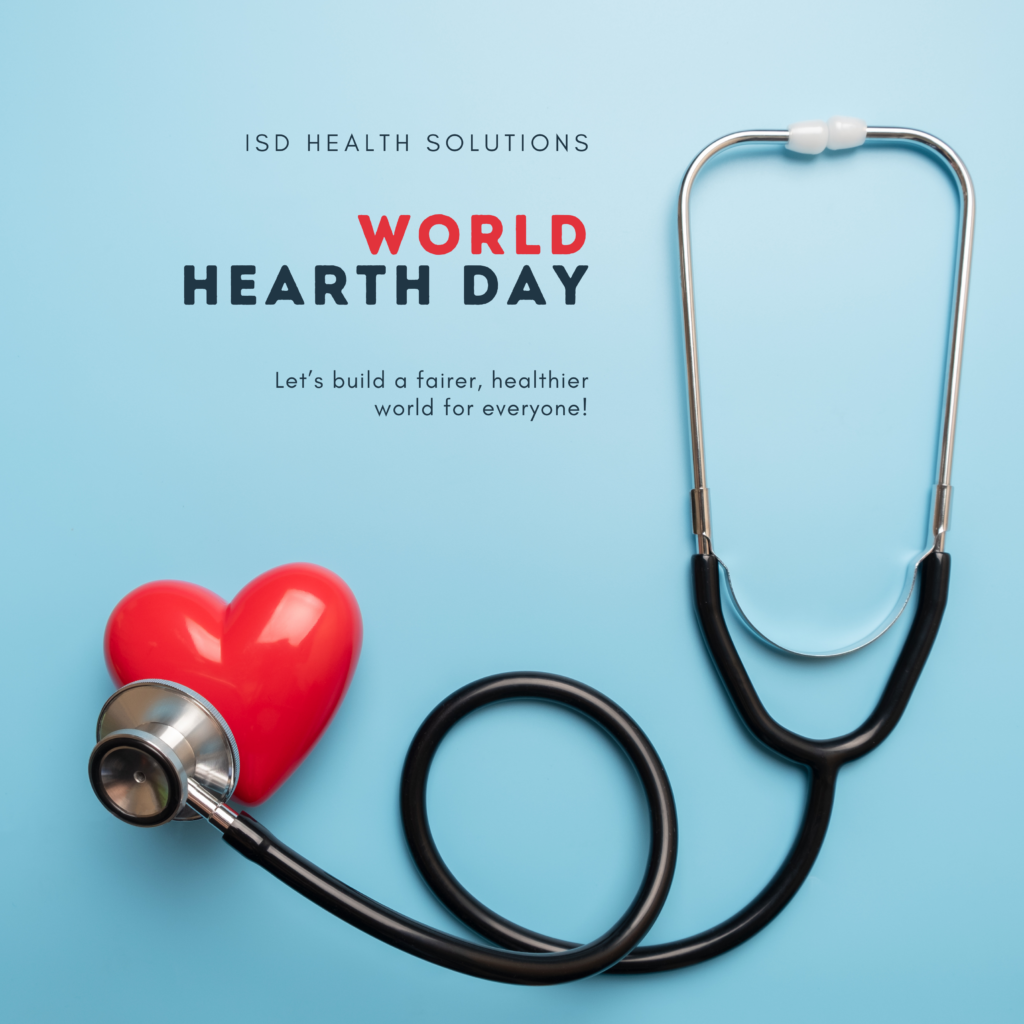The relationship between sleep-disordered breathing and cardiovascular disease is not yet fully understood, but emerging research highlights the complex interrelationships. Clinical opportunities arise from these findings, as do challenges for researchers seeking to better understand this connection to find treatments or prevention strategies for individuals with both conditions.
Patients presenting to cardiology clinics in the Caribbean region are on the rise. According to The World Health Organisation (WHO), 17.9 million people die of cardiovascular-related deaths yearly, and over 75 percent of these deaths occur in developing countries. A (United Nations) UN report in 2017 stated that the Pacific and Caribbean regions had 14 of the top 25 obese countries worldwide. Countries like Trinidad, Antigua, Barbados, and Jamaica demonstrate that heart disease is becoming more prevalent in the islands. Regional spending for treating cardiovascular diseases and diabetes reached an all-time high of nearly 400 million dollars in 2018. The situation is even more apparent as the leading cause of death is heart-related in most Caribbean countries, especially Trinidad, where an affliction of the heart causes one out of every four deaths.
What you’re not being told about heart-related and other cardiovascular illnesses is that there is a high prevalence of obstructive and central sleep apnea associated with people who present with heart-related disorders. Multiple mechanisms have been identified by which sleep disturbances adversely affect cardiovascular structure and function. Epidemiological research indicates that obstructive sleep apnea is associated with increased incidence and progression of coronary heart disease, heart failure, Cheyne-Stokes respiration, stroke, and atrial fibrillation. Moreover, Central sleep apnea associated with Cheyne-Stokes respiration predicts incident heart failure and atrial fibrillation; it strongly predicts mortality among patients with heart failure. Thus, there is a solid empirical base for considering obstructive sleep apnea and central sleep apnea associated with Cheyne-Stokes respiration as potentially modifiable risk factors for cardiovascular disease.
Who Are We To Make Such An Inference?
ISD Health Solutions has led the region on literature and the treatment of Sleep Apnea for more than a decade. iSDHS is the most recognised Caribbean Sleep and Respiratory Solution Provider in the Region. Our team was assembled to fill the gap of the lack of medical expertise and knowledge in sleep and respiratory disease management. ISD boasts world-renowned, Caribbean-born physicians with over 60 years of combined experience in Sleep Medicine.
We use FDA-approved innovative diagnostic tools, remote patient monitoring devices, and the expertise of our network of US board-certified sleep physicians accredited by the American Academy of Sleep Medicine. Our doctors are also US trained and certified in Cardiology, Pulmonology, Women’s Health, Lifestyle Medicine and Respiratory Therapy.
We aim to provide awareness, education, training, and tailored treatment options for the many sufferers of sleep and respiratory disorders in the Caribbean.
What Is Sleep Apnea?
Sleep apnea is a condition in which breathing is interrupted during sleep. There are two main types of sleep apnea: obstructive sleep apnea (OSA) and central sleep apnea (CSA). OSA is the more common form of sleep apnea and occurs when throat muscles relax and block the airway. CSA occurs when the brain fails to signal to the muscles that control breathing.
While OSA and CSA share some similarities, they differ in terms of cause and treatment. OSA is usually treated with lifestyle changes, such as losing weight or sleeping on your side, and with devices that keep your airway open, such as CPAP machines. CSA, on the other hand, is often treated with medications that stimulate breathing.
The Connection Between Sleep Apnea and Cardiovascular Disease
There are a few theories about how sleep apnea contributes to heart disease. One theory is that sleep apnea leads to high blood pressure, which strains the heart and vessels. Another theory is that interrupted breathing during sleep deprives the body of oxygen, damaging the heart and leading to arrhythmias. Finally, it’s thought that sleep apnea may trigger inflammation throughout the body, which contributes to atherosclerosis (hardening of the arteries).
Regardless of how exactly sleep apnea contributes to heart disease, there’s no denying that the two conditions are closely linked. Studies have found that people with sleep apnea are more likely to develop cardiovascular disease than people without sleep apnea. Additionally, people with cardiovascular disease are more likely to have undiagnosed sleep apnea.
What Can Patients Do?
If you have been diagnosed with cardiovascular disease or have risk factors for it—such as high blood pressure, diabetes, or obesity—it’s essential to be screened for sleep apnea. If you are diagnosed with sleep apnea, there are a few things you can do to reduce your risk of heart disease:
- Follow your treatment plan: If you have been prescribed a CPAP machine or other treatment for sleep apnea, it’s essential to use it as directed. Consistent use of CPAP can reduce your risk of heart disease by up to 50%.
- Lose weight: Obesity is a significant risk factor for sleep apnea and cardiovascular disease. Losing even 10% of your body weight can significantly reduce your risk of both conditions.
- Exercise regularly: Exercise has countless benefits for your health, including reducing your risk of heart disease. Aerobic exercise is especially beneficial for people with sleep apnea because it strengthens the muscles that control breathing.
- Take a free sleep risk assessment to see if you are at risk for Sleep Apnea and other respiratory illnesses.
Sleep apnea is a severe condition that can significantly affect your health—including an increased risk of cardiovascular disease. If you think you might have sleep apnea, talk to your doctor about being screened for the condition. And if you’ve already been diagnosed with sleep apnea, ensure you’re following your treatment plan and taking steps to reduce your risk of heart disease.


